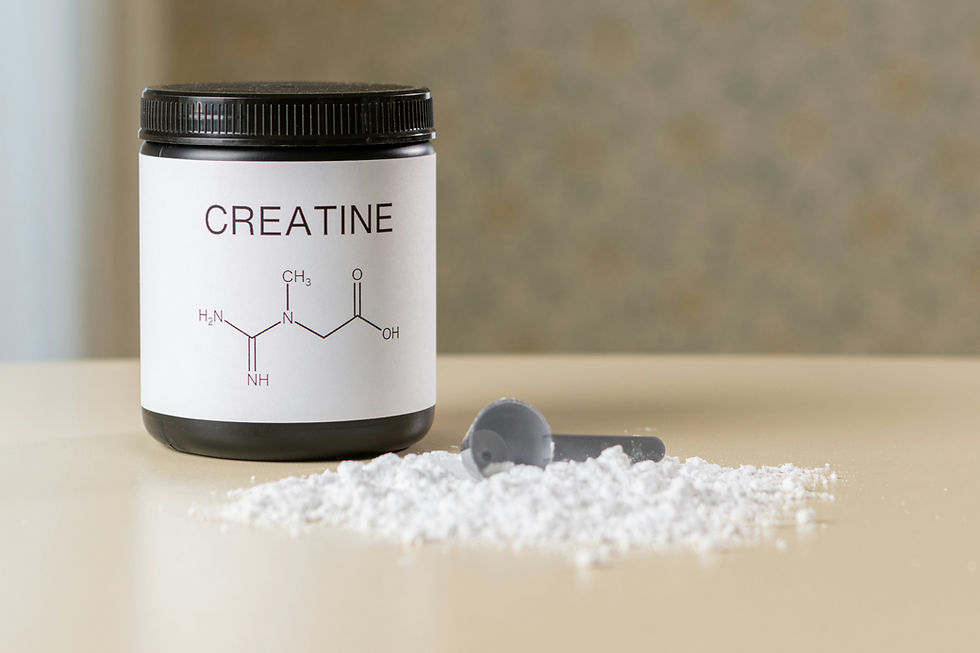Increase Your Flexibility
- Dr. Daniel Hockstra

- Nov 19, 2023
- 2 min read
Updated: Jul 16, 2025

If you met an olympic sprinter, do you think his quad would be hard like a rock, or soft like jello? You probably guessed hard, but in reality, the sprinter's muscle is so soft that you could almost push through it. This is because inflexibility, or muscular tightness and stiffness, significantly weakens your body and increases the risk of injury.
What causes inflexibility?
To increase your flexibility, it is important to first understand the habits that cause inflexibility. An increase in stress hormones (cortisol and DHEA) tends to cause inflammation and stiffening in the body. Additionally, sitting down for long hours each day and looking at screens and smartphones causes your body to gradually tighten up. This lack of movement and exercise leads to pain, discomfort, and decreased range of motion.
Increasing Flexibility
As you have probably noticed, it is much easier to become tight than to stay loose and flexible. This is because it takes more energy to lengthen a muscle than for it to stay contracted.
There are many ways to stay loose, but many of the best methods revolve around consistent movement. Walking and jogging are great ways to loosen up your body before or after a long day's work. Additionally, research from the American College of Sports Medicine has shown that a consistent stretching routine helps to maintain range of motion in your joints.
My favorite motion to reduce tightness in the back, arms, and neck are forward and backward arm circles. If you are interested in a more rigorous routine, swimming, personal training, and chiropractic adjustments are all great ways to increase and maintain flexibility.
Finally, drinking more water is a simple yet effective way to improve your flexibility. An increase in water intake dilutes toxins and lactic acid buildup, causing your muscles to become more pliable.
Injury Prevention
One of the many benefits to increased flexibility is a reduced likelihood of injury. This is because a tight and stiff muscle is much easier to be overused, resulting in damage and dysfunction. Your body must be flexible and supple in order to build and maintain physical strength.
Harms of Inflexibility
Unfortunately, consistent inflexibility often leads to a decrease in overall health and function. Research from the American Journal of Physiology indicates that inflexibility may be a predictor of arterial stiffening, when it becomes more difficult for your heart to pump blood. Over time, inflexibility and tightness also deteriorate posture, causing the body to lean and slump forward. For these reasons, it is important to be mindful of daily habits that may be contributing to a gradual decrease in flexibility.
Recommended Book
If you are interested in learning more about flexibility and mobility, I highly recommend you read "Becoming a Supple Leopard" by Dr. Kelly Starrett and Glen Cordoza. It contains valuable insights regarding stretching and flexibility.




Thank you so much for sharing. I have found it extremely helpful… I will keep these things in mind !